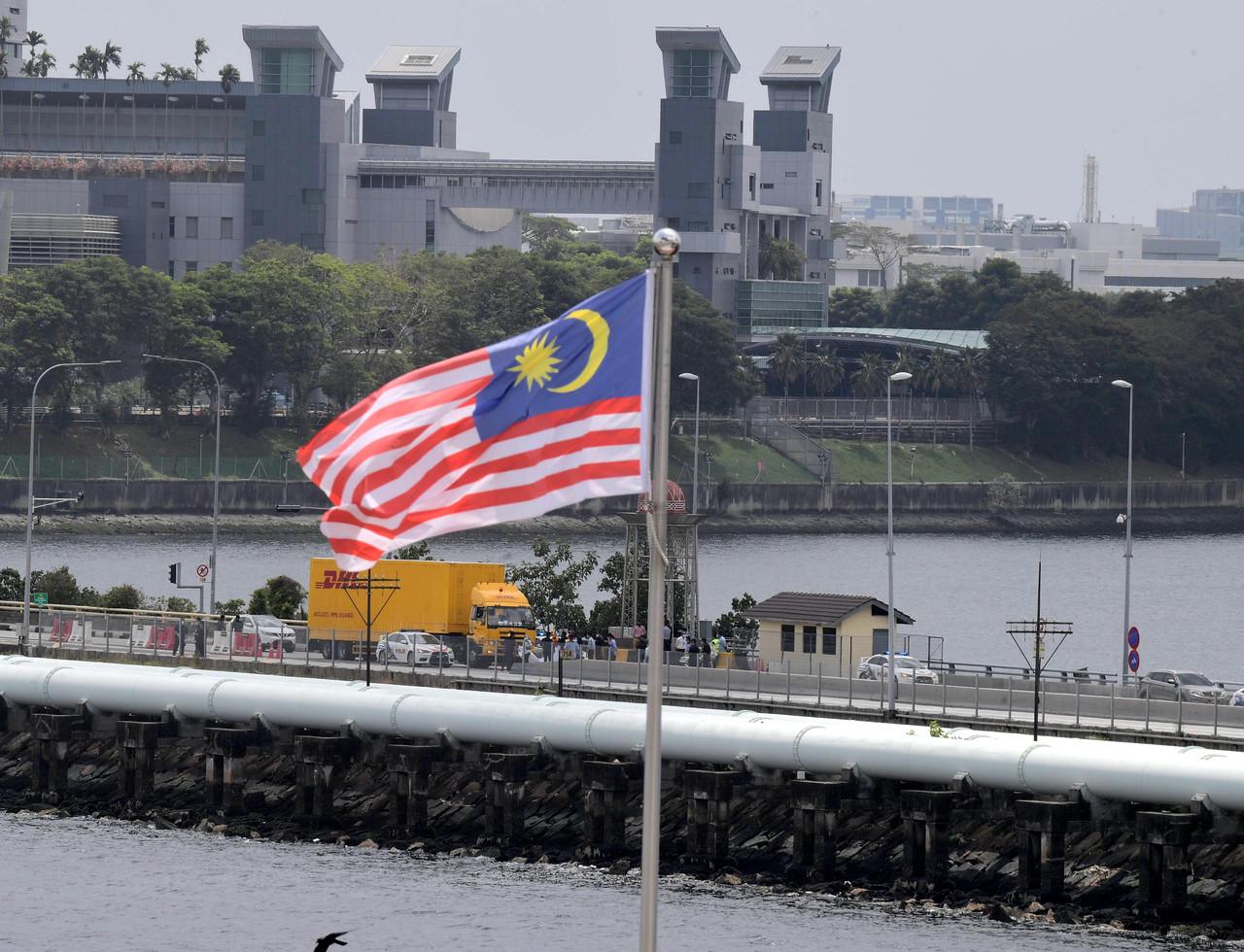Economy to recover this year on effective vaccine deployment, says World Bank
The World Bank expects Malaysia's economic growth this year to range from 5.6 to 6.7%.
Malaysia’s economy is expected to return to positive growth this year along with other economies globally on the sustained progress in the vaccine rollouts that will boost consumption worldwide, the World Bank Group said.
Its macroeconomics, trade and investment global practice lead economist, Richard Record, said the group expects the vaccine deployment to be mostly completed in 2021 in most economies, leading to strong recovery and demand as well as a boost in trade and commodity prices.
“We are projecting a global growth of 4.0% this year. As for Malaysia, we project economic growth this year to range between 5.6 and 6.7%,” he said during the virtual 2021 Malaysia’s Economic and Strategic Outlook Forum (Mesof) titled: “The Post-Covid-19 New Normal – Where Do We Go From Here” today.
Mesof is organised by KSI Strategic Institute for Asia Pacific and co-organised by the Malaysian International Chambers Of Commerce & Industry and Economic Club of Kuala Lumpur.
Record noted that China is among the reasons for the growth recorded by Asian economies, Malaysia included.
However, he cautioned that the downside risks to growth are the slow progress of the vaccine deployment and new containment that could lead to another movement control order, adding that consumption is the largest part of the Malaysian economy.
“Risks to growth outlook include the unexpected delay in vaccine rollout, ineffective containment, elevated number of vulnerable households and domestic political uncertainty.
“In the near-term, policies should focus on containing the outbreak and protecting the most vulnerable and on re-building fiscal buffers as economic conditions improve,” he added.
Another panellist, Shan Saeed, chief economist of Juwai IQI Global, said the government continues to maintain macroeconomic stability which is moving faster and has surprised market participants.
“The government is in total control of the economy and will continue to support when required by the economy. Amalgamation of fiscal and monetary policy levers hold the key for economic growth and Bank Negara Malaysia has a lot of room to manoeuvre in the monetary landscape,” he said.
Shan added that the central bank would use tactical and strategic moves to maintain structural stability in the local currency.
Shan also expects the economy to follow China’s dual-circulation strategy to support local businesses and to encourage aggregated demand at the macro level.
Sharing some of his key statistics, he said Brent crude oil is expected to trade at between US$50 and US$70 per barrel, which could help support the ringgit trading at 3.67 to 4.10 per US dollar.
On gross domestic product, he was more reserved, projecting the number at between 3.0 and 4.0% while the central bank is expected to keep the overnight policy rate at 1.0 to 1.75% in 2021.
Meanwhile, Department of Statistics Malaysia chief statistician Mohd Uzir Mahidin said the Malaysian Economic Outlook 2021 forecasts the country external trade to grow by 3.9%, with exports of goods expected to increase by 2.7% as a result of the recovery in global trade and supply chains, while imports are expected to rise by 5.3%, boosted by improvement in all types of imports.
“Inflation is likely to make a comeback in 2021 after a deflationary trend this year as the Covid-19 pandemic suppressed demand for goods and services.
“This is thanks to the early rollout of a safe and effective Covid-19 vaccine and unleashing of pent-up demand in conjunction with supply shortages, which could result in an inflation comeback,” he said.
Quoting the finance ministry, Uzir said inflation is projected at 2.5% versus -1.13% in 2020, signalling a stronger surge in consumer spending.
On total labour force, he said this is projected to remain at 1.1z6 while the unemployment rate is projected to decrease to 3.5% in 2021 compared to an estimated 4.5% in 2020, as the country’s economy is expected to rebound firmly in 2021 after a dismal performance in 2020 due to the pandemic.
Subscribe to our newsletter
To be updated with all the latest news and analyses daily.
